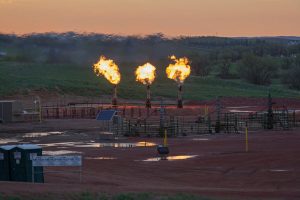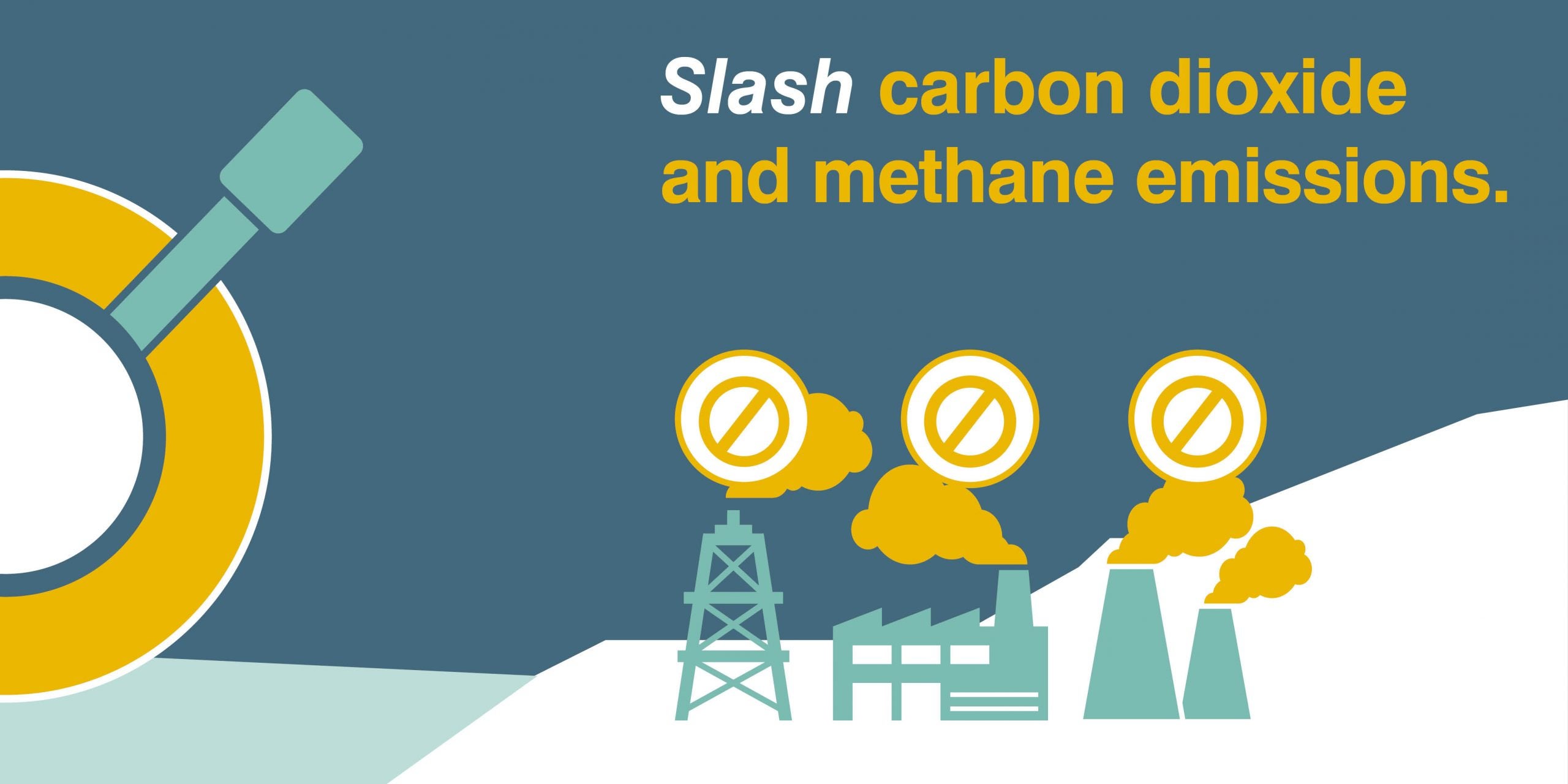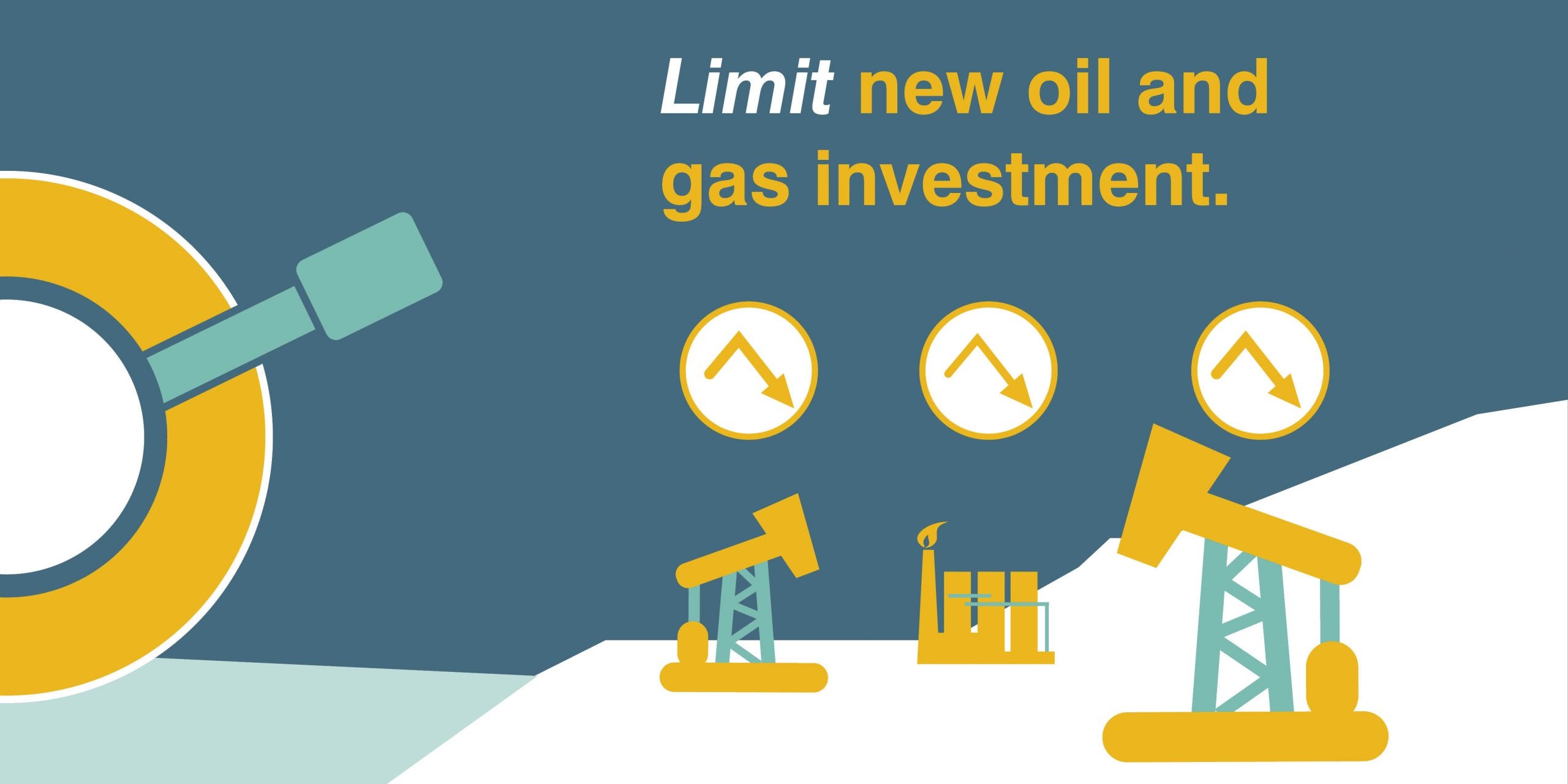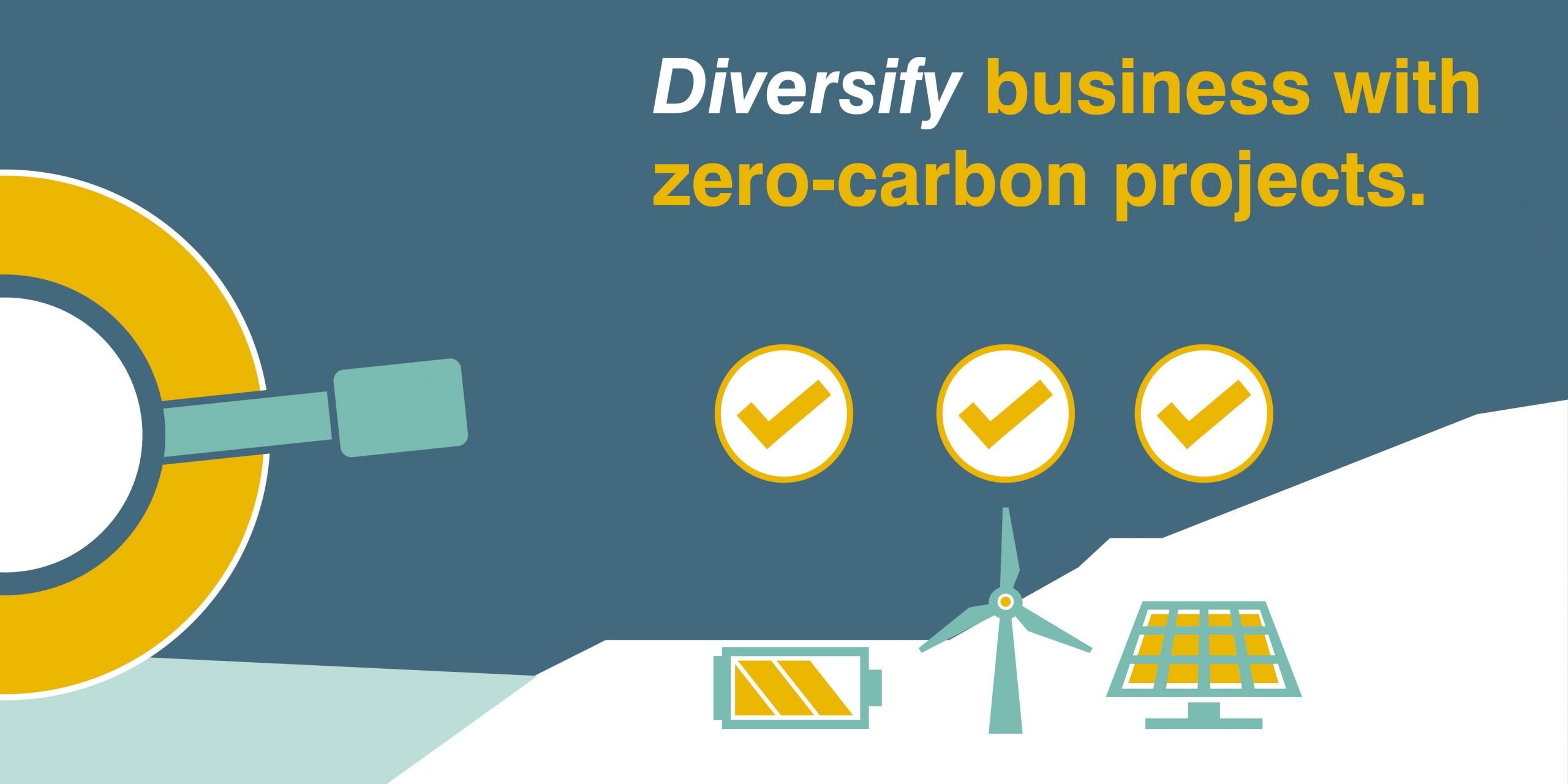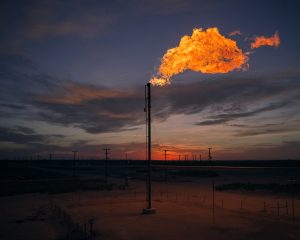 The Partnership for Carbon Accounting Financials recently welcomed its 100th member, a milestone that reflects banks’ growing focus on measuring financed emissions. But while robust carbon accounting is necessary for the long term, it is no substitute for action now. To pick up the pace of Paris alignment, banks must begin targeting financed emissions in carbon-intensive sectors immediately.
The Partnership for Carbon Accounting Financials recently welcomed its 100th member, a milestone that reflects banks’ growing focus on measuring financed emissions. But while robust carbon accounting is necessary for the long term, it is no substitute for action now. To pick up the pace of Paris alignment, banks must begin targeting financed emissions in carbon-intensive sectors immediately.
Improving data and disclosure is a valid long game, with mandatory climate risk disclosure and corporate leadership playing important roles. But financial institutions already have many of the tools and much of the data points needed to ramp up action in carbon-intensive sectors.











